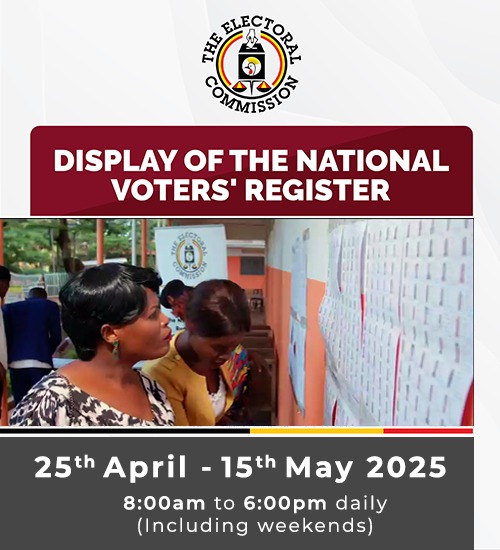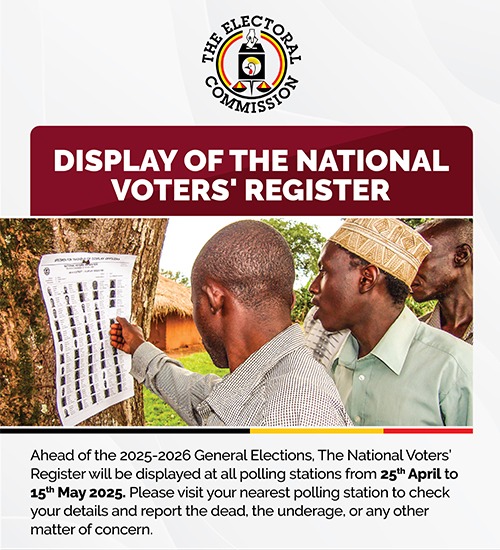Kampala, Uganda – Uganda’s remarkable success in controlling the recent Sudan virus epidemic of Ebola was attributed to the country’s adept use of structures and lessons learned from its response to the COVID-19 pandemic in 2021.
The epidemic, which was confirmed in September 2022 in the central district of Mubende and declared over 113 days later, posed unique challenges that the government had not faced before.
Mubende district served as the epicenter of the outbreak, presenting a critical challenge due to its strategic location. Being traversed by a major highway connecting Uganda to neighboring countries such as the Democratic Republic of Congo (DRC), Rwanda, Tanzania, and Kenya, it demanded innovative approaches to halt transmission. Furthermore, its proximity to the densely populated capital city, Kampala, with a population of 3.8 million, posed the risk of the virus spreading rapidly.

They were drawn from the Ugandan Ministry of Health, Kampala, Uganda, Makerere University Lung Institute, Kellogg College, University of Oxford, Paul G. Allen School for Global Health, Washington State University, Washington State University Global Health Program, Nairobi, Kenya, Departments of Pathology, Immunology and Molecular Biology, Makerere University, Department of Medicine, Makerere University, Division of Infection and Global Health, University of St Andrews, Rollins School of Public Health, Emory University, Atlanta, Africa Centre for Global Health and Social Transformation, Kampala, Uganda, Busitema University, Tororo, Uganda and World Health Organization, Kampala, Uganda.

“The success of Uganda’s response was made possible through effective collaboration among various stakeholders, including health authorities, international partners, and local communities. The implementation of strategic measures, aggressive contact tracing, targeted lockdowns, and institutional quarantines played a pivotal role in containing the spread of the virus,” they further opine.
The Ugandan government also embraced outbreak research, seeking to fill knowledge gaps that had previously hindered effective responses to EVD epidemics. The Scientific Advisory Committee rapidly developed protocols, focusing on clinical and translational studies, leading to the development of potential vaccines and immunotherapeutics.
Efforts to control the epidemic extended to nine districts in the south-central region, with Mubende and Kassanda being the most affected. The WHO classified the threat as category 3, indicating a high likelihood of cross-border spread, further emphasizing the need for collaboration and regional cooperation.
“Uganda’s successful response showcased the importance of regional collaboration in dealing with global health threats. The experience highlighted the need for joint expedited review and approval of research protocols and the development of expertise, funding, and infrastructure for effective regional responses,” the researchers add.
Indeed, Uganda’s response to the Sudan virus epidemic demonstrated the significance of leveraging past experiences and structures established during the COVID-19 pandemic. According to the study, the country’s readiness to adapt and implement swift measures, including targeted lockdowns and contact tracing, enabled the containment of the outbreak without resorting to a complete lockdown of the capital city.
The researchers draw lessons from the Mubende experience for countries which are prone to such outbreaks as Ebola.
“Countries worldwide, especially low- and middle-income nations, are encouraged to maintain and build upon the structures and approaches developed during the COVID-19 pandemic.”
The add that; “expedited outbreak research and aggressive medical countermeasures should be considered in response to epidemics of emerging infectious diseases. Pre-approved research protocols could facilitate the rapid deployment of clinical trials and other pertinent research during epidemics, enhancing the effectiveness of mitigation efforts.”
The full journal article can be accessed via: https://doi.org/10.1038/s41591-023-02395-4 or e-mail: hskyobe@gmail.com.
About The Author
Arinaitwe Rugyendo
Rugyendo is the Founder and Editor-in-Chief of ResearchFinds News. He’s an accomplished journalist with a rich background in the media industry in Uganda. With over two decades of experience, Rugyendo has held various roles including cab reporter, Bureau Chief, Managing Editor, and Digital Media Editor at renowned publications such as Daily Monitor and Red Pepper. Throughout his career, he has demonstrated a commitment to delivering high-quality journalism and staying at the forefront of media trends. In addition to his journalistic pursuits, Rugyendo is currently pursuing a Ph.D. in Journalism and Communication at Makerere University. He has been recognized for his outstanding leadership and commitment to social change as a Desmond Tutu Fellow and Crans Montana New Leader. Rugyendo also serves as the Chairman of Young Engineers Uganda and Uganda Premier League, showcasing his dedication to promoting excellence and growth in various fields. With a passion for driving innovation and pushing boundaries in media, Rugyendo continues to make significant contributions to the industry. His vast experience, academic pursuits, and leadership roles make him a respected figure in the Ugandan media landscape.
















